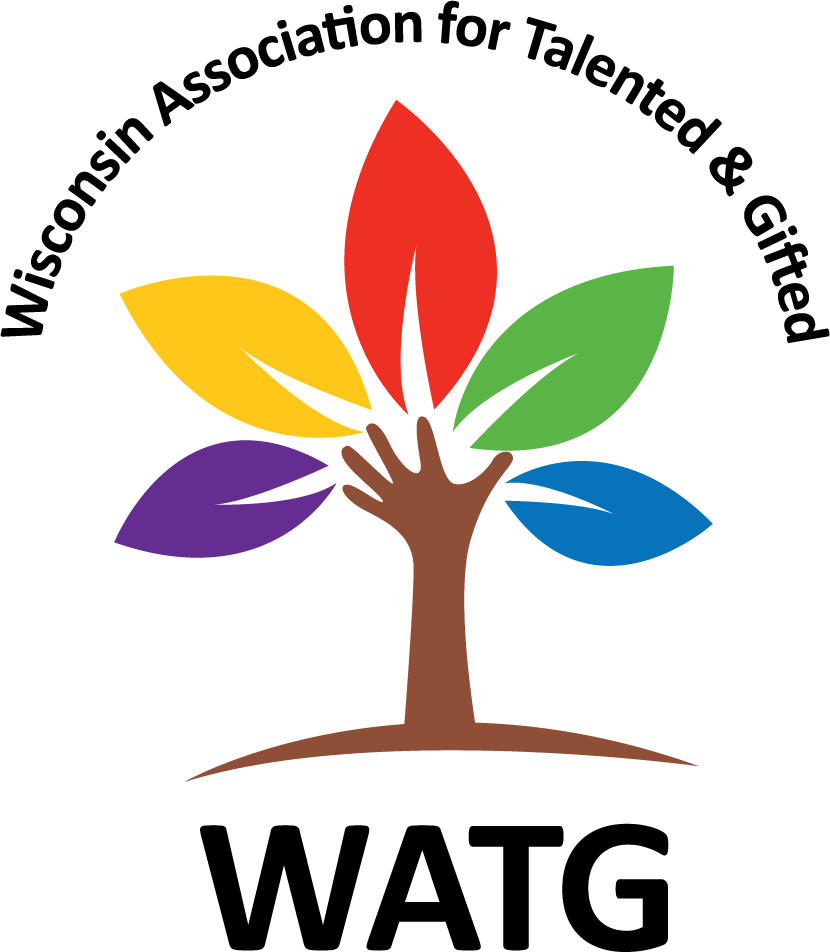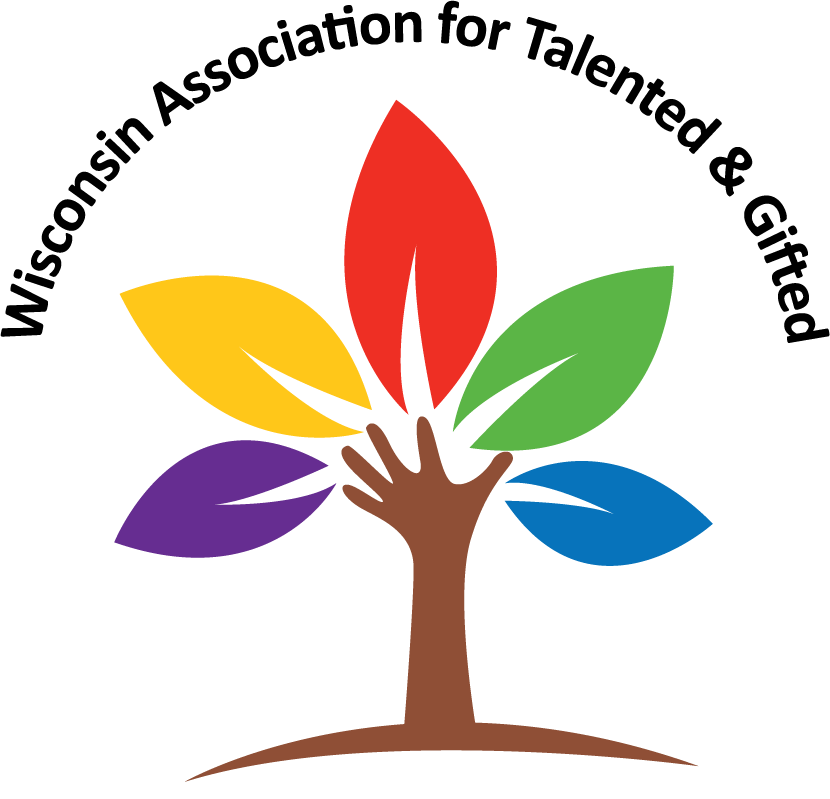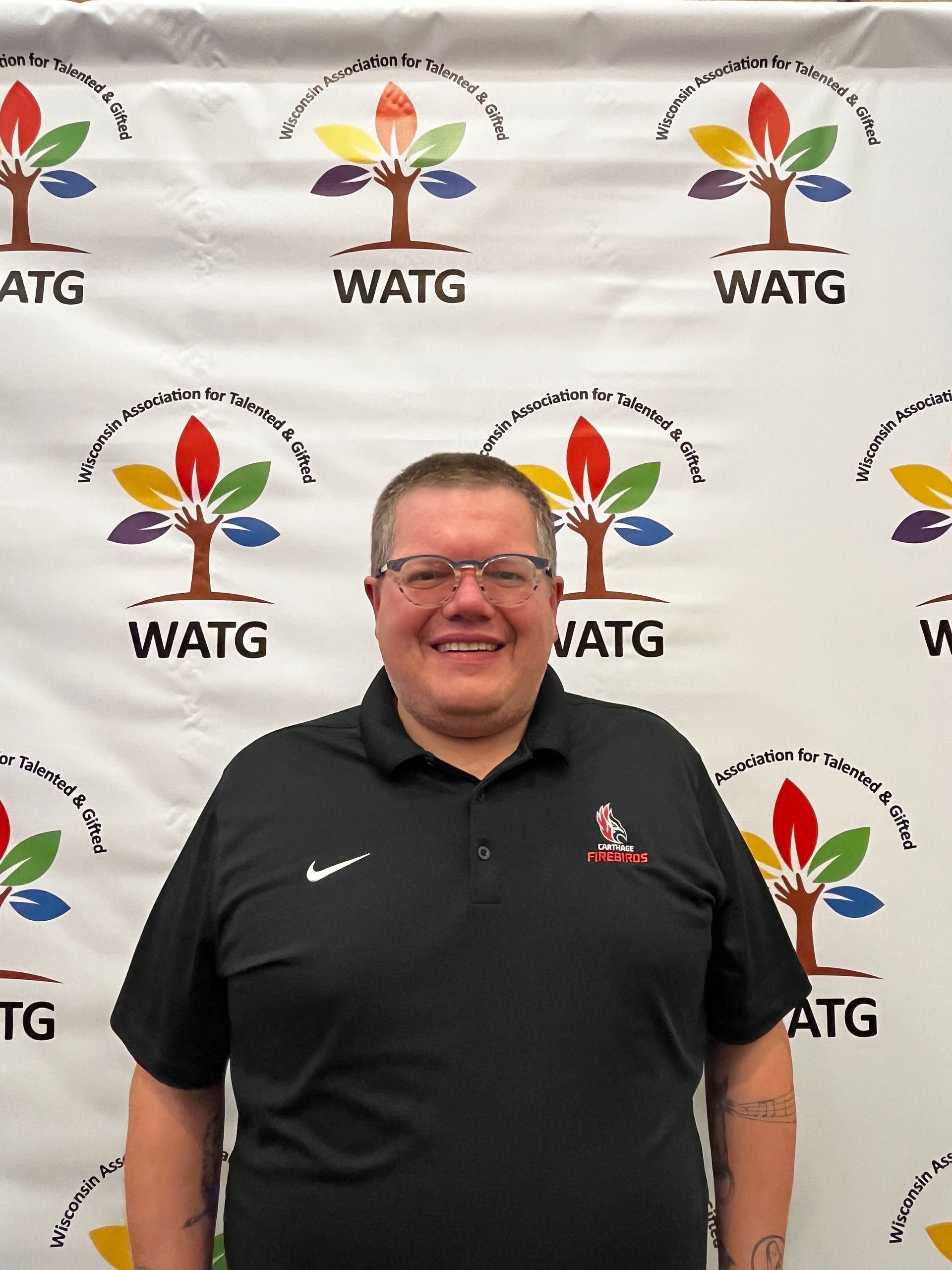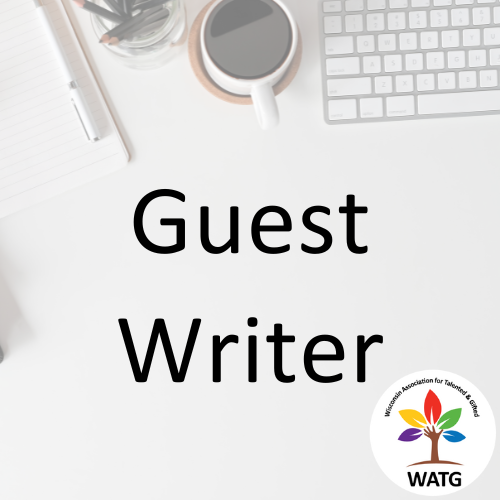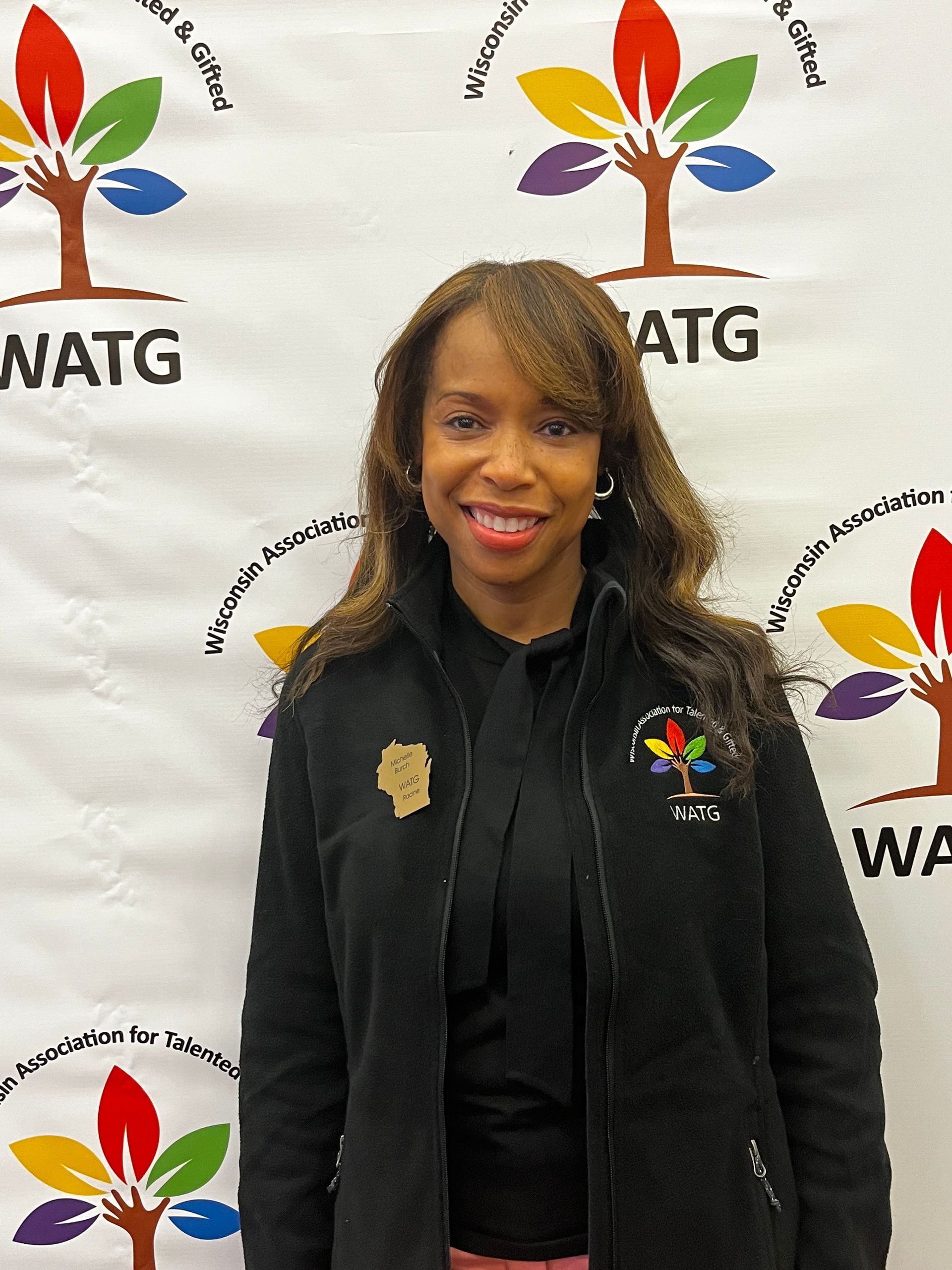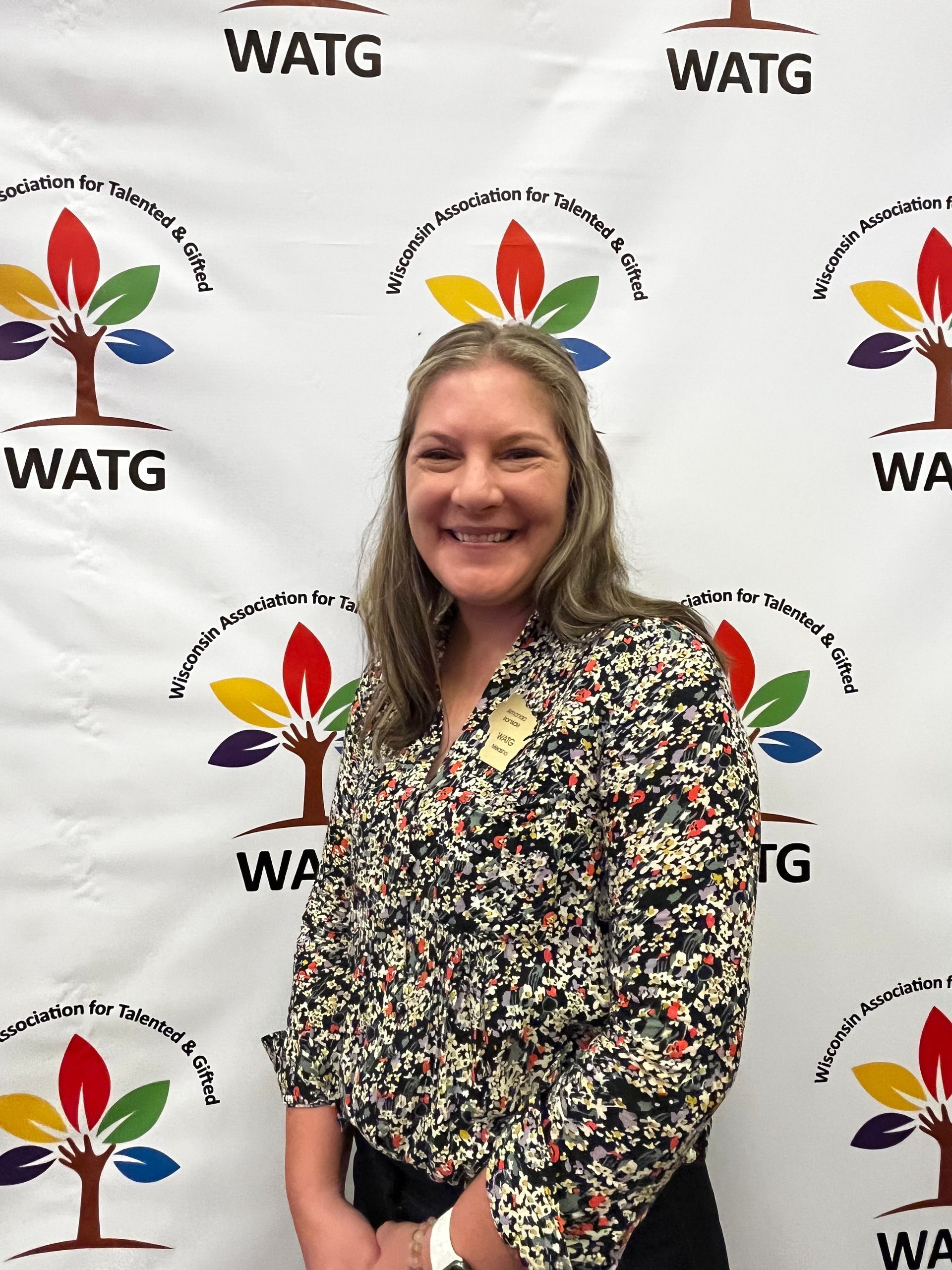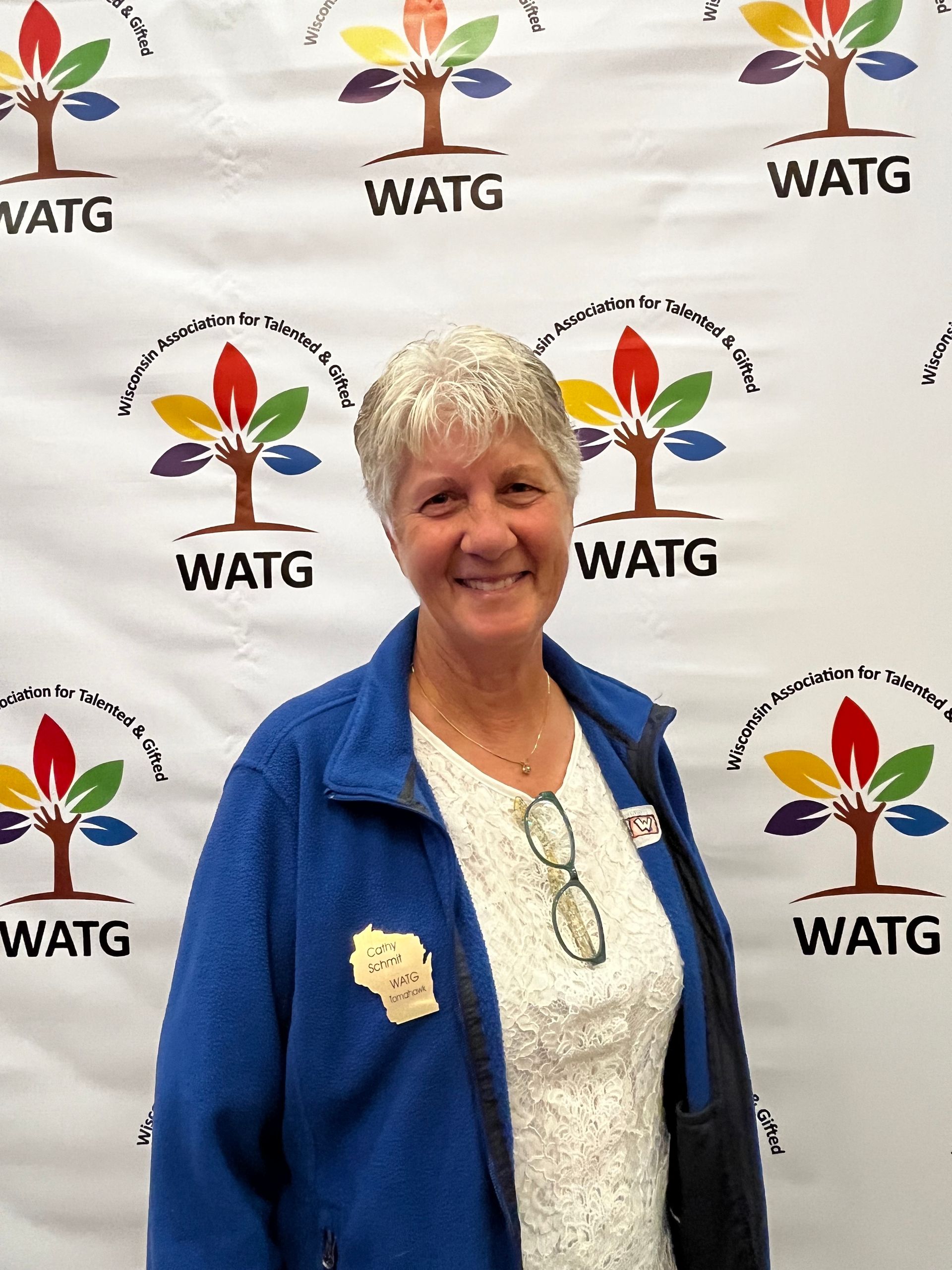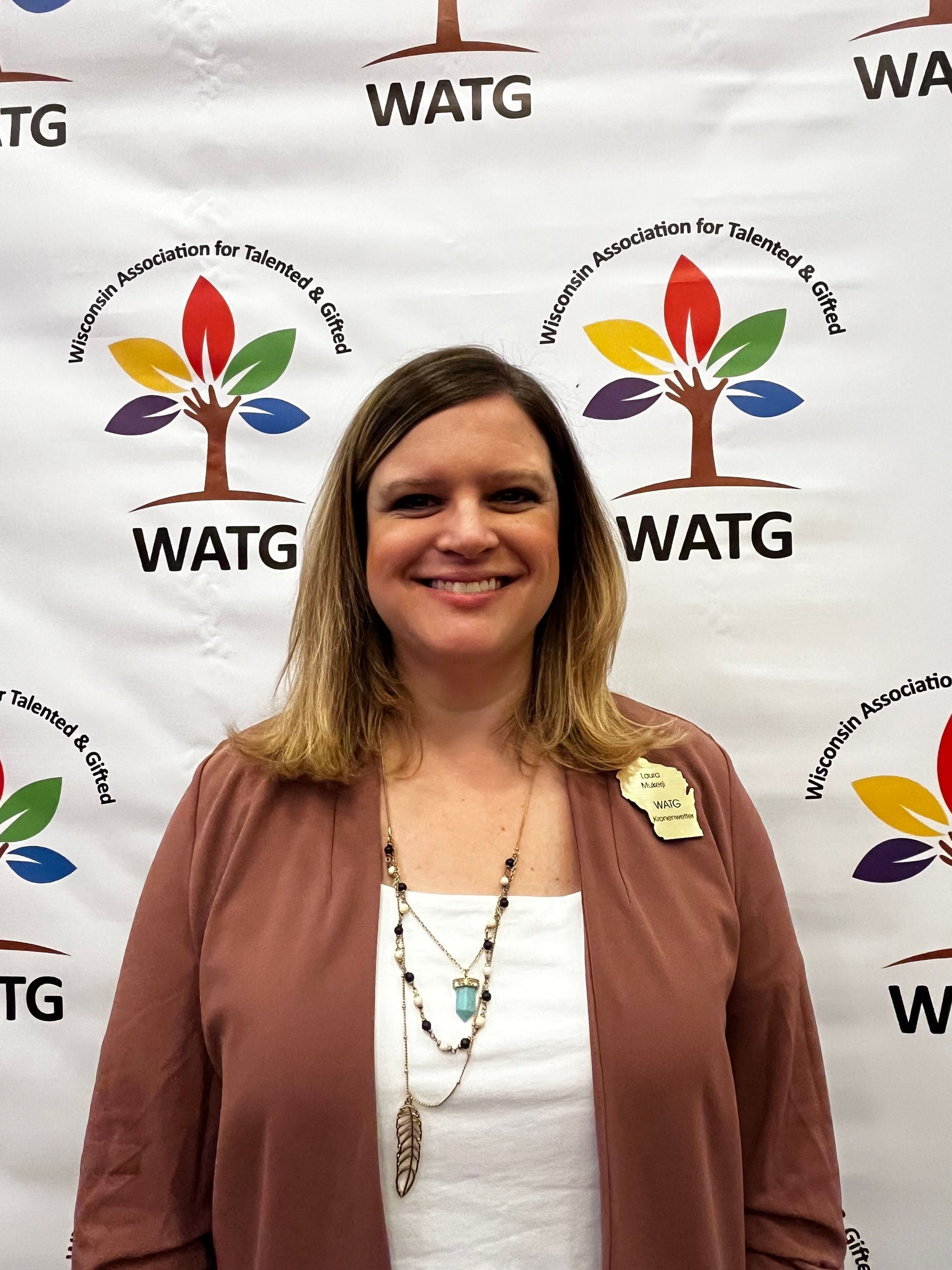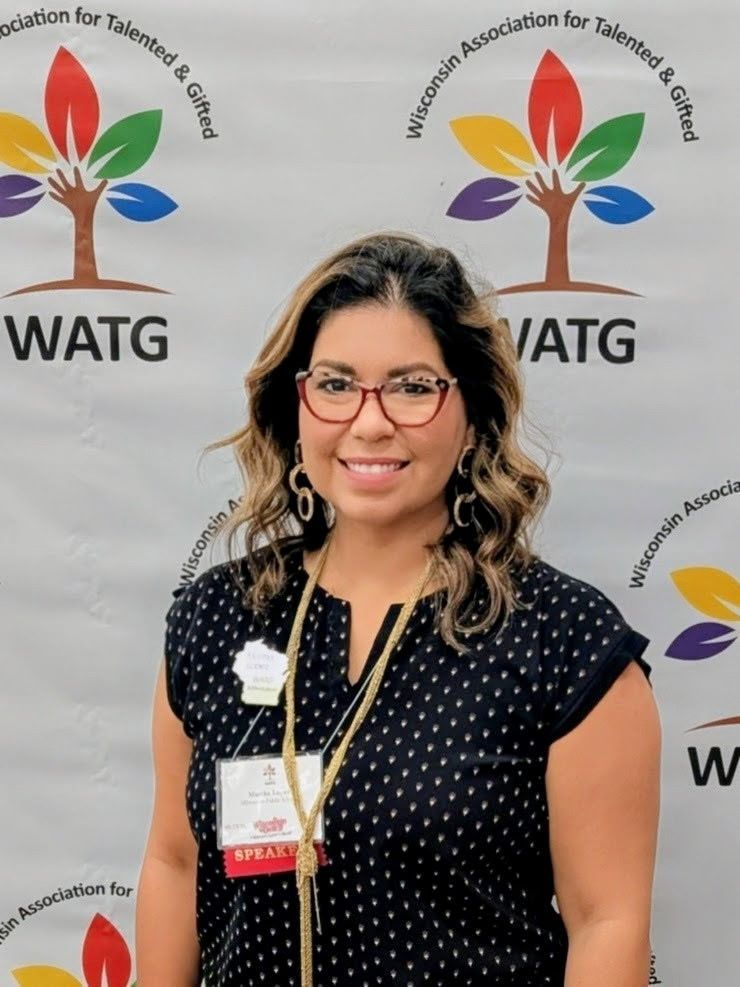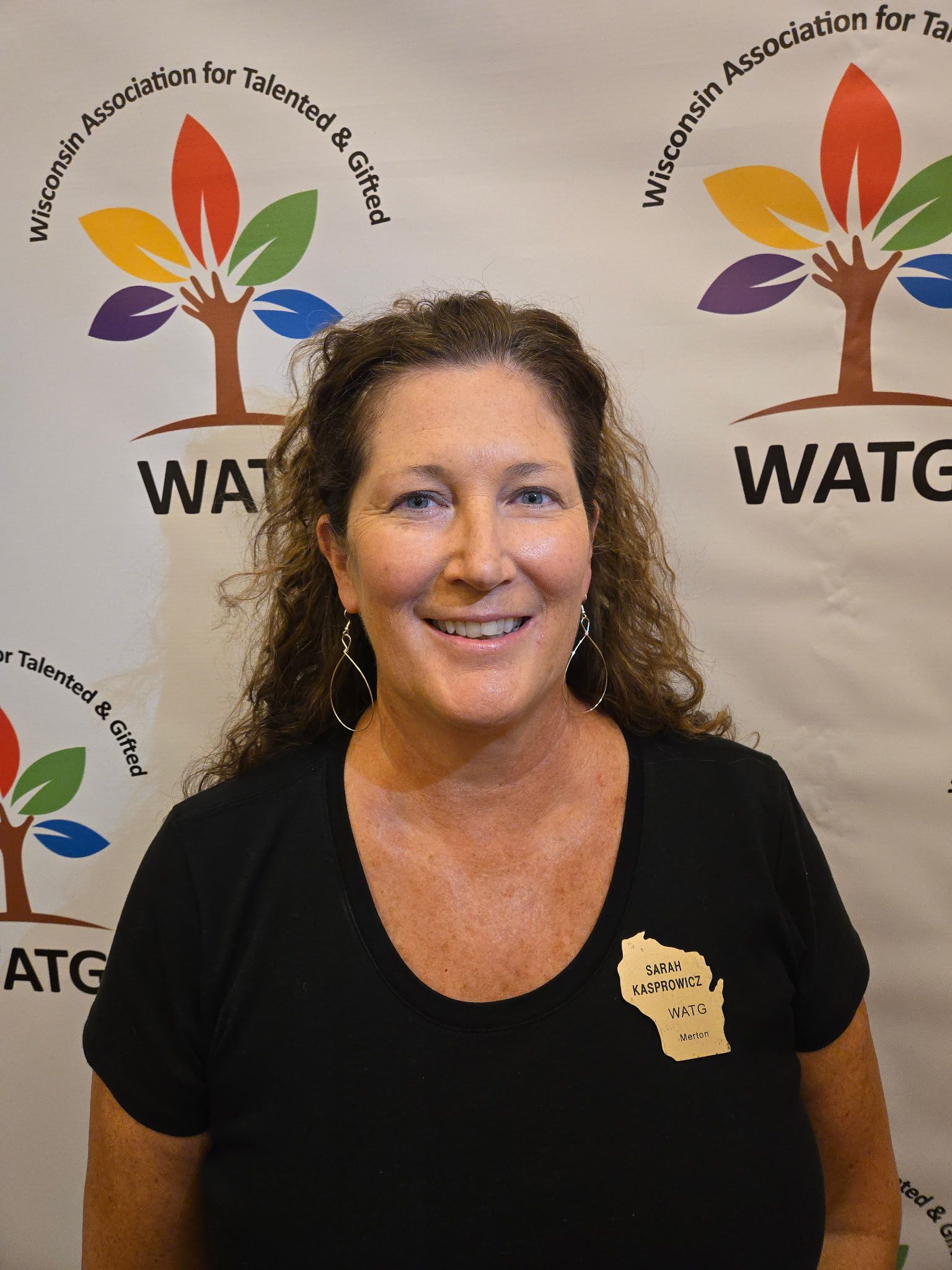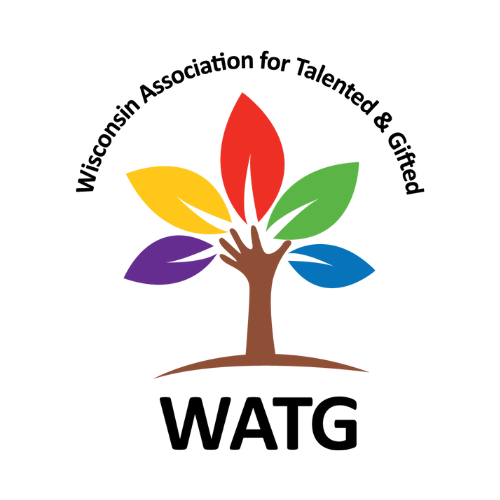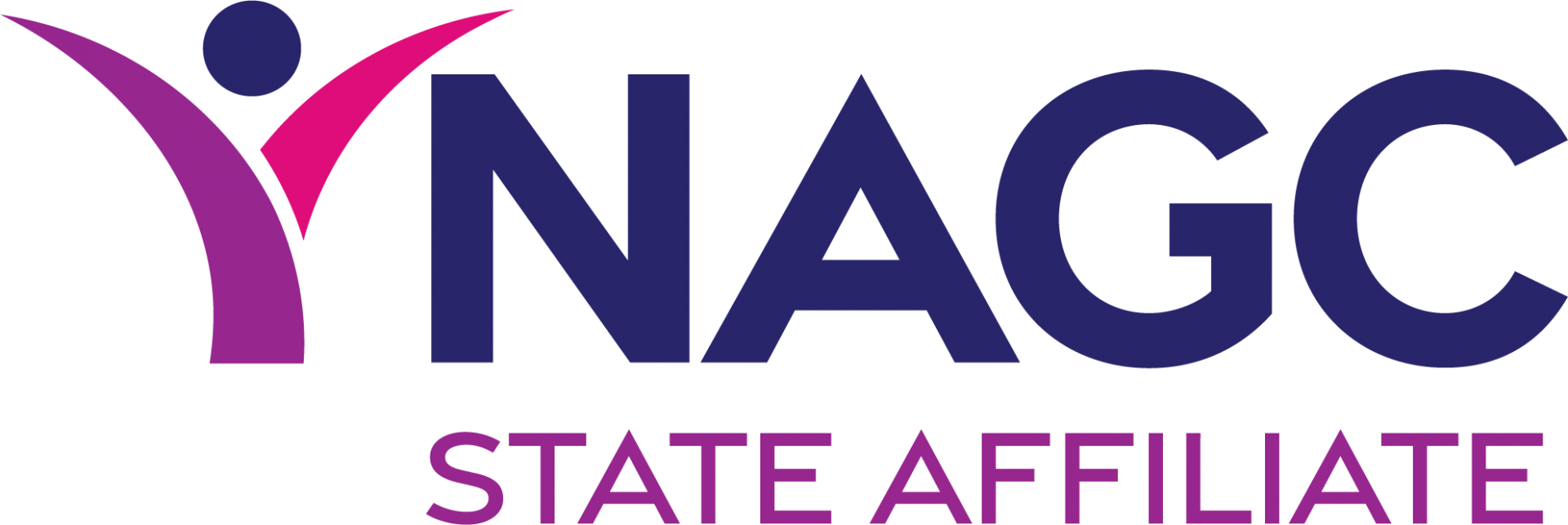WATG and You! A Collaboration that Reaps Benefits!
During the 2024-2025 school year, WATG, in collaboration with the Department of Public Instruction, offered four face-to-face and two virtual sessions as part of our Four Corners Grant. These sessions enabled students and their families to participate in targeted talent development opportunities.
Educators played a critical role in the success of these sessions. The majority of evaluations stated that area teachers shared the flyer and this led families signing up! Thank you, educators! During the virtual sessions, Dr. Cramer and Mrs. Pape collaborated with a local educator and WATG advisor, Lalitha Murali, including her students in the virtual session. They used materials from the Jane Goodall Foundation entitled “Roots and Shoots.”
As Mrs. Murali shared, “Over 60 students from Glen Hills participated in Jane Goodall’s leadership program, organized by the Wisconsin Association of Talented and Gifted. After the leadership program, our scholars participated in the Glen Hills cleanup’. Learning about leadership, and then putting their learning into immediate action was a winning combination.
Collaborations such as the Four Corners Grant allowed for students and families from around the state to participate in high-level learning opportunities. All events were rated a high success!
The Wisconsin Association for Talented and Gifted will be presenting more opportunities in the future. Our
annual fall conference, October 6-7 at the Wilderness Conference Center in Wisconsin Dells, offers all our constituents the opportunity to learn from our experts and each other and continue to develop authentic collaboration opportunities for all of our constituents. Attending the conference is a great way to meet with like-minded people from our state! We can’t wait to see you there.
Dr. Maria Katsaros-Molzahn, Ed.D
